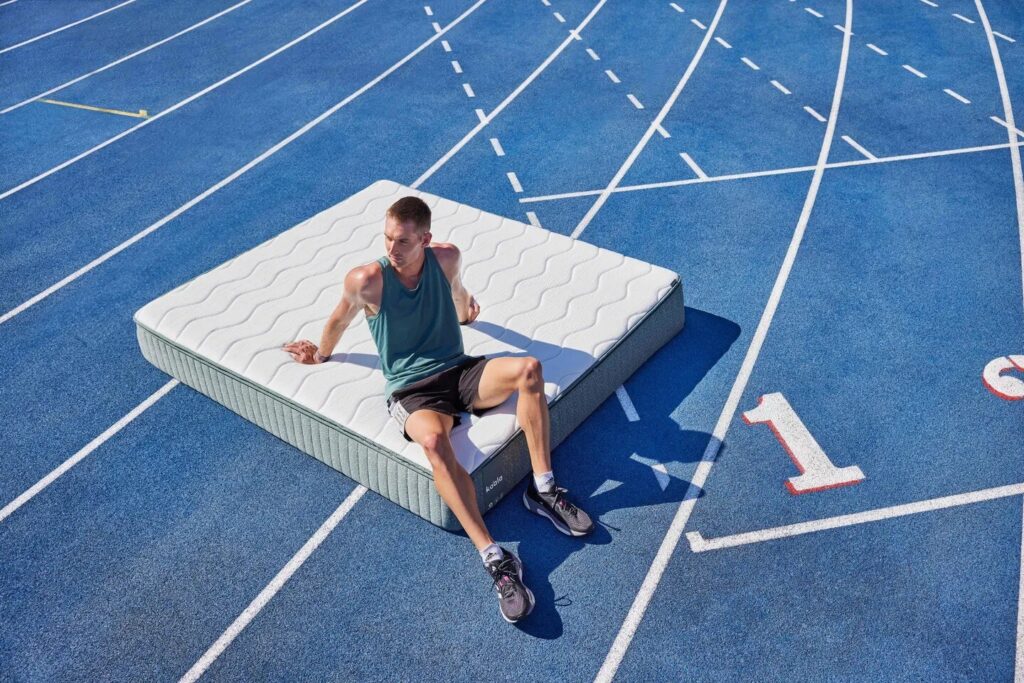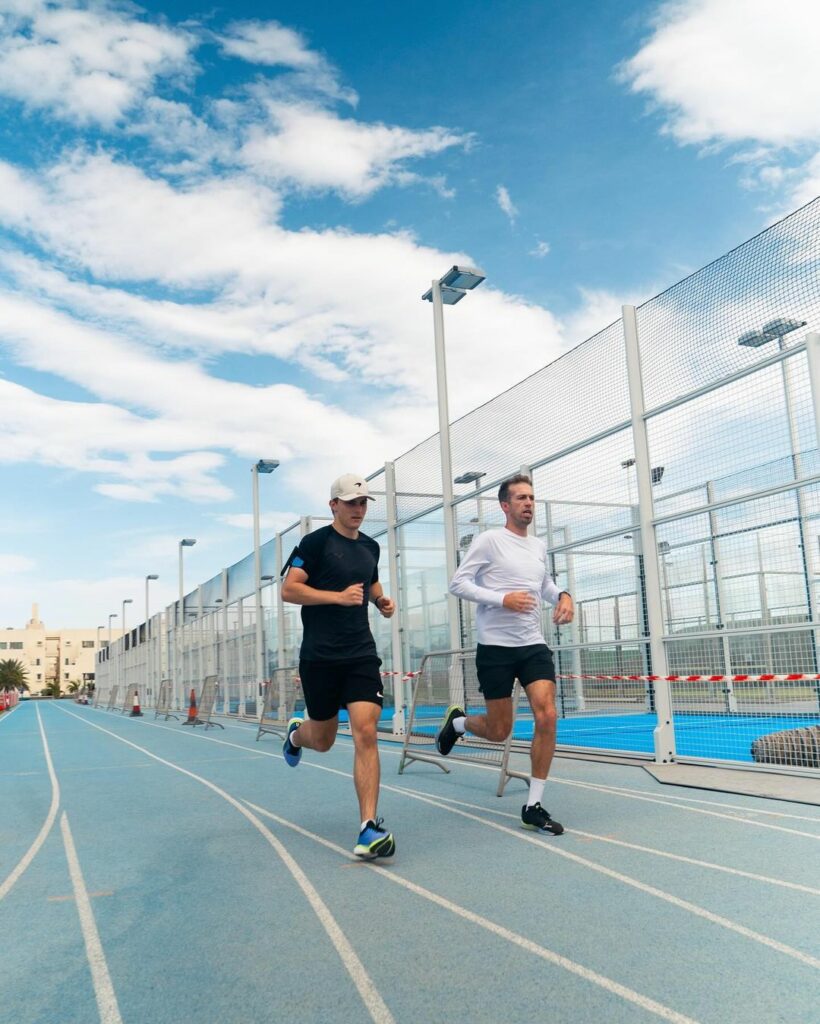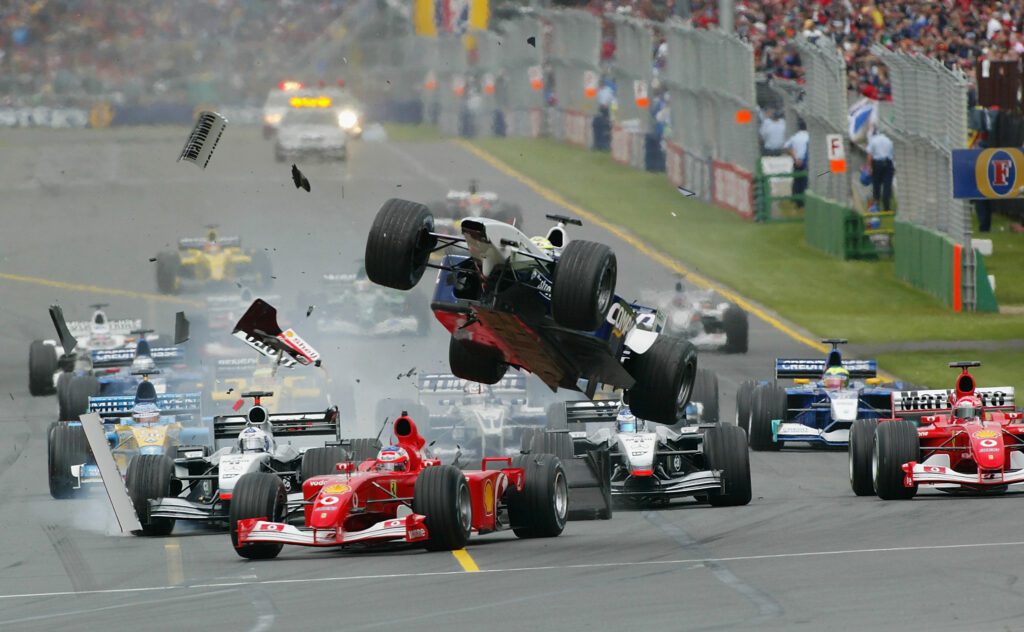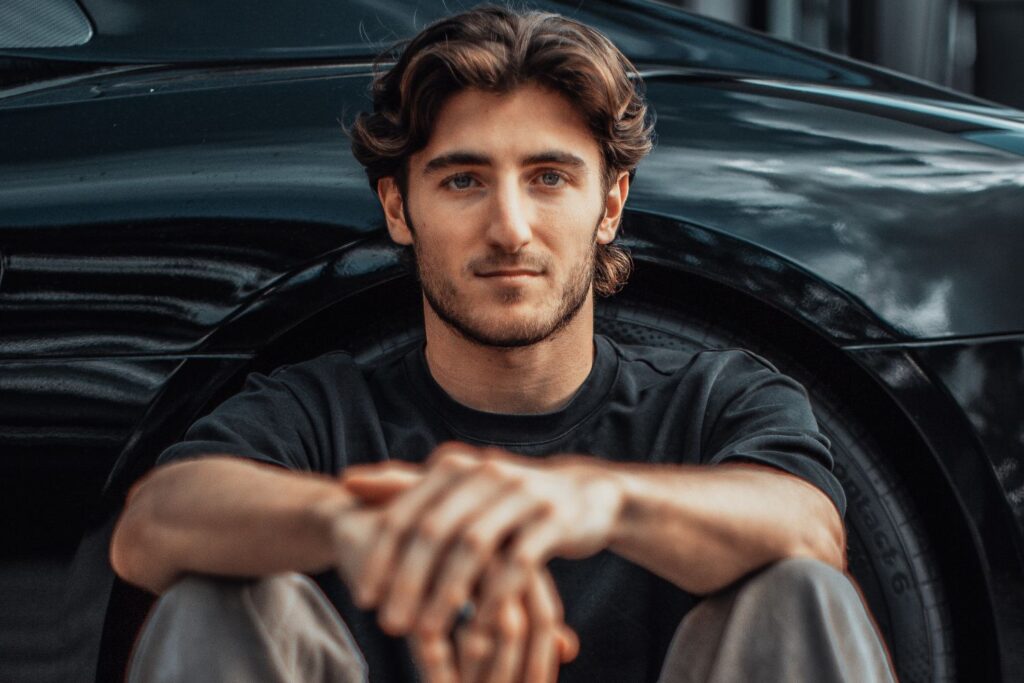34-year-old Elias Theodorou is an Ontario-born MMA fighter that suffers from a condition known as Bilateral Neuropathy. As a result of his condition, when he isn’t fighting in the ring, he’s fighting for the right of athletes to use cannabis as a first-line medicine. Spoiler alert: he’s winning on both fronts.
We chatted with Elias about his medical condition, his time at the UFC, and so much more.
Elias, how are things?
Things are great. Just doing the usual punching, kicking…all that fun stuff. I had my last fight in December and now I’m getting the rest of the year set up, both in the cage and out.
The last time I spoke to you was in November 2020, what’s been happening since?
Yeah, a lot has happened since then. I had two fights in that time, including one on March 13th last year in British Columbia, where I was both the fighter and the promoter. That was completely funded by weed, mushrooms, and gambling, my three favorite things.
I got the win in that fight, which set precedent not only for myself but for other athletes in Colorado and in British Columbia, It helped to knock down prohibition in athletics.
And was that your first win since getting an exemption to use cannabis as a medicine?
Exactly. I received therapeutic use exemption to use cannabis as a medicine in 2020, and the fight last year in March was the first win I’d achieved since getting that exemption. Then, in December last year, I fought and won for Colorado combat club which set precedent in both locations as the first cannabis athlete across both Canada and the U.S.
This is the first time in both those regions and jurisdictions that cannabis was considered a medicine in sport by both governing bodies, USADA (U.S. Anti-Doping Agency) and the British Columbia Athletic Commission.
So why do you use cannabis?
I suffer from bilateral neuropathy, which is basically nerve damage of my upper extremities. Then, as you can imagine, everything I do compounds that pain. I’ll have different types of spasms, chest pain, radiating heat, all of which are very painful and taxing on my body as an athlete and a patient.
For me, using cannabis is a much better option than first-line medicines, like opioids or painkillers. And yet, I was recommended to take antidepressants for my condition, even though I’m not depressed in any way, shape, or form. Then, there are people at USADA who were telling me to take more opioids and as many different opioids as possible, ironically while they had an awareness campaign about opioid addiction.
So on the one hand, they’re saying “be careful of the harms of opioids, Elias.” And on the other, they’re saying “you can’t smoke weed, take these opioids.”
USADA acknowledged that I have neuropathic pain, but they did not acknowledge my doctor prescribing me an alternative medicine. Part of it is because USADA is funded by the US government, which looks at cannabis as a schedule one drug, meaning that it has no medical properties.
The reason why I’ve been fighting for this is that I know it’s wrong. I know, I’m on the right side, or rather, the cannabis side of history. And since I first started back in 2016, the world has kind of moved in my direction.
I got cannabis recognized as a medicine. More specifically, I got THC, THCA and CBG recognized as medicines by the jurisdictions of British Columbia and Colorado.
And you touched upon mushrooms briefly earlier. Do psychedelics fit into your legalisation battle?
After every fight, there’s a different way to kind of be like a phoenix, you know, to break yourself down and build yourself back up. Psychedelics helped me to expand my horizon in many different ways.
And as a fighter, taking the blows to the head, taking the constant punishment of my body, as well as the seclusion of not seeing my friends or family for months on end sometimes because of my schedule, psychedelics can be very helpful.
They’ve really allowed me to expand my mind, dissolve my ego and become the man I am today.
Let’s rewind a little bit. For those who don’t know, tell me a little bit about your fighting history.
I won the Ultimate Fighter right before my 25th birthday in 2014, and then I was in the UFC for about six years, competing at the top level. However, being unapologetic about my cannabis use definitely cost me my job with the UFC.
Nonetheless, I doubled down on my fight for the cannabis side of history, and it proved fruitful in the long run. This was lucky because fighting is not only a very hard sport, but unfortunately, a lot of fighters don’t actually make much money to fight. I was actually on a higher pay bracket because I’d won the Ultimate Fighter, but I was also lucky to have a solid understanding of the cannabis and psychedelic space, which helped me to invest in the right companies after I left the UFC. On top of this, I was able to connect and partner with different cannabis partners, as well as things like becoming my own fight promoter.
Jake Paul has been fighting pretty hard to get UFC fighters paid more too, hasn’t he?
Yes, he has, and I respect the fuck out of it if I’m honest. Whether it’s partly a shtick, or he’s being genuine, those are two different things. Regardless, it keeps the conversation going and shines a light on these issues. The UFC is a modern sport, and so is their payment structure.
Unfortunately, it highlights the morality of the modern system, where a company can make billions of dollars off the sweat, blood, and its employees, and then only pay 20% of the profits.
And, again, with the UFC, being a modern sport, there are no collective bargaining rights, there are no unions, there’s no representation. In my case, for example, there’s an opportunity until you make a certain amount. Then they fire you so they can replace you with six other people that are willing to get punched in the head for a lot less.
Okay, and back to cannabis. Given the limited legality of the plant, how did you end up turning to it as a medicine?
It was because of one of my first coaches, one of my best friends. He’s a very smart individual and became a medicinal cannabis patient about a decade ago. He’s completely involved in it. Seeing him being such a professional with how he consumes the plant and about which strains have helped him.
On top of that, whenever we’d go to different places of the world where cannabis is really illegal, he would have to switch to opioids and painkillers, and always around the two week mark of using these medications it just wreaked havoc on his body. That made me see opioids and painkillers as the real deadly or detrimental substances.
So when my neuropathy started becoming an issue, I confided in my doctor, and we looked into cannabis and realize that it was best for me. That’s when I got prescribed it.
Right. Now let’s pivot a bit. What’s your diet like?
When I was younger, I went through more of a yo-yo diet. I’d be very healthy leading up to a fight, and then after a fight, I’d think I deserve everything. But I’m much better at that now. I’ll basically eat protein, greens, and then I’ll add what I earn in regards to carbohydrates.
Sometimes I won’t eat until like noon as well in order to detox my body too. The term breakfast basically means a break from your fast from the night before, right? But I play around with all of this. Sometimes I’ll wake up in the morning and feel really hungry, so I’ll make some oats, throw some berries in and some other things.
As an athlete, I also have to get as much protein as I am in weight. So like, if I’m 210 pounds, I want to get as close as to 210 grams of protein a day. I’ll have three meals throughout the day, give or take, but they’re a little bit smaller because I’m always kind of snacking and grazing, and consuming some type of protein. And then you know, even protein shakes in between and stuff like that, to kind of get there. I try to never be hungry, but never be full. If you’re full, it’s a lot of food to sit in your stomach. Being full taxes your body in regards to having to digest that.
And what about your workout routine?
I work out twice a day, Monday to Friday, and then I’m usually sparring on Saturday. Then I’ll take Sunday off or do some type of active recovery like a run or just stretching for the day.
Sometimes my workouts are just lifting, other times it’s Jujitsu wrestling or some tech work here and there, blah, blah, blah. It all depends on who I’m fighting and what their style is.
Lastly, what can we expect from you in the future Elias?
I’ve got a lot of things lined up both inside and outside of the ring, but I still need to get some papers signed on the dotted line. So, I can’t really say much yet! You’ll just have to stay tuned.
You can follow Elias on Instagram at @Eliastheodorou















